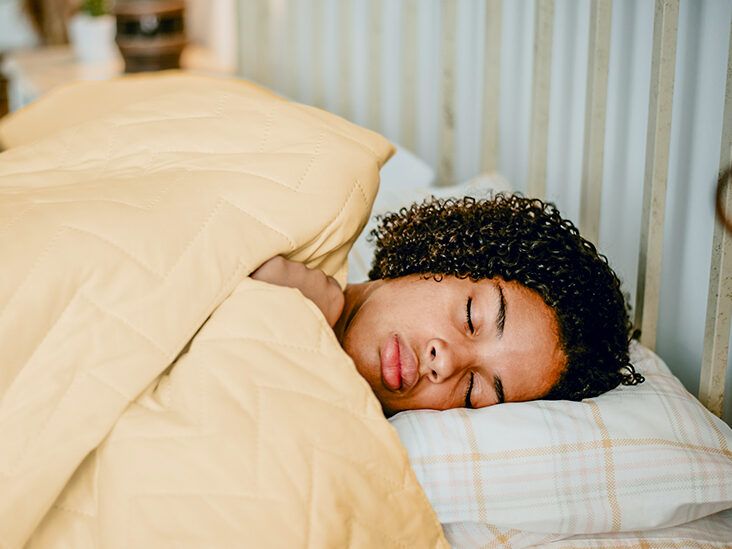
Can’t Sleep and Have Work in 4 Hours? Here’s What to Do
In the throes of a sleepless night, with the clock ticking down to your morning work shift, panic can easily set in. But fret not, there are effective strategies you can employ to mitigate the impact of a restless night.
Before delving into specific tips, it’s crucial to recognize that occasional sleep disruptions are not uncommon. However, consistent sleep deprivation can have detrimental effects on your physical and mental health. If you frequently struggle to sleep, consulting a healthcare professional is highly recommended to address any underlying issues.
Power Nap and Rest Techniques
Even if you’re unable to fall asleep hours before work, a short power nap can provide a refreshing boost. Keep it under 20 minutes to avoid slipping into a deep sleep, which can leave you feeling groggy. Alternatively, engage in relaxing activities like reading a book or listening to calming music to promote relaxation.
Create a Conducive Sleep Environment
Your sleep environment plays a vital role in the quality of your sleep. Ensure your bedroom is dark, quiet, and cool. Consider using blackout curtains, a white noise machine, or an eye mask to minimize distractions. A comfortable mattress and breathable bedding can also contribute to a more restful sleep.
Avoid Stimulants Before Bed
Caffeine, nicotine, and alcohol can interfere with sleep. Avoid consuming them in the hours leading up to bedtime. Instead, opt for caffeine-free beverages like chamomile tea or warm milk, which can promote relaxation.
Establish a Regular Sleep Schedule
Going to bed and waking up around the same time each day, even on weekends, helps regulate your body’s natural sleep-wake cycle. Consistency signals to your body when it’s time to sleep, making it easier to fall asleep at night.
Exercise Regularly, But Not Too Late
Regular exercise can improve sleep quality, but be mindful of the timing. Avoid vigorous workouts close to bedtime, as they can increase alertness and make it harder to fall asleep.
Expert Advice on Coping with Sleep Loss
According to Dr. Michael Breus, a renowned sleep expert, the most important thing after a sleepless night is to accept the situation and focus on getting through the day. He recommends setting realistic expectations and avoiding overexerting yourself.
Dr. Wendy Troxel, another sleep specialist, emphasizes the importance of staying hydrated and avoiding sugary snacks. She suggests eating a light breakfast and getting some natural light exposure to help regulate your body’s circadian rhythm.
FAQ on Sleep Loss
Q: Will I be able to perform well at work after a sleepless night?
A: While your performance may be slightly diminished, it is possible to function effectively with adequate preparation and a positive mindset.
Q: How can I make up for lost sleep?
A: Catching up on sleep on weekends can help, but it’s best to aim for regular and consistent sleep throughout the week.
Q: Are there any over-the-counter sleep aids that I can use?
A: While some over-the-counter sleep aids may provide temporary relief, they should be used cautiously and only under the guidance of a healthcare professional.
Conclusion
Experiencing a sleepless night before work can be challenging, but it’s essential to remain calm and take proactive steps to mitigate its impact. Implement the tips outlined above, and don’t hesitate to seek professional help if sleep difficulties persist. Remember, good sleep is crucial for your overall health and well-being. Are there any other techniques you’ve found effective for dealing with sleep loss?

Image: www.healthline.com

Image: www.pinterest.com
What Is Pinterest? How Does It Work? Mar 13, 2023Stress, anxiety, excitement, work, school, and travel can make it harder to fall asleep at night. To get better sleep, experts recommend making small lifestyle changes like creating the right sleep environment and avoiding screens before bed.